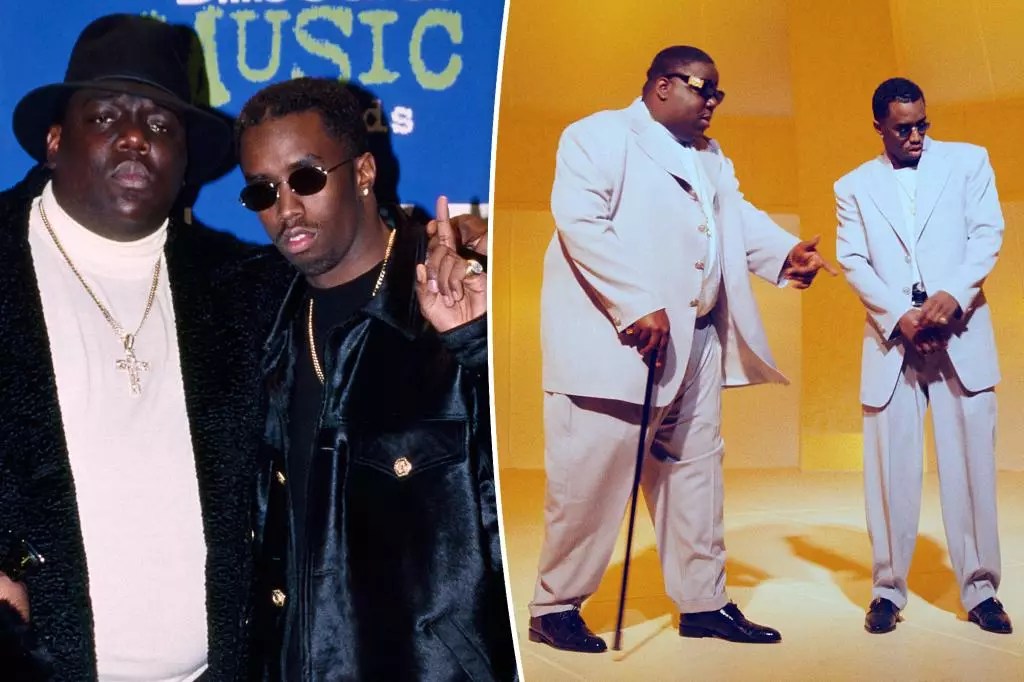In the world of celebrity, public perception often wavers on a knife’s edge, especially when allegations—whether substantiated or not—begin to surface. The recent lawsuits targeting Sean “Diddy” Combs exemplify this fragile balance between reputation and scandal. Despite his legal victory in court—being acquitted of serious sex trafficking charges—new allegations continue to paint a picture of misconduct that threatens to overshadow his career accomplishments. This dynamic reveals the harsh reality that no matter the outcome of a courtroom, the court of public opinion can be far less forgiving, often permanently altering a star’s legacy.
Such lawsuits aren’t merely about individual allegations; they serve as a moral litmus test for the celebrity’s character in the public’s eye. Diddy’s case demonstrates how allegations, even when legally dismissed, can linger as damaging shadows that influence public perception. You might argue that these are attempts at character assassination, yet the persistence of these claims, coupled with the emotional weight behind them, makes it increasingly difficult for fans and critics alike to disentangle fact from fiction. This ongoing saga highlights an uncomfortable truth: reputation in the modern era is fragile, often susceptible to the weight of accusations regardless of their veracity.
The Power of Media and Narrative Control
The media plays an instrumental role in shaping the ongoing narrative about celebrities embroiled in controversy. In Diddy’s case, headlines splash stories that are as sensational as they are inflammatory. Even with legal exoneration, the momentum of damaging claims can continue unimpeded, generating a lasting impact. This underscores the influence of media-driven narratives that prioritize shock value over nuanced truth, often muddying the waters of justice and fairness.
Furthermore, legal victories do little to quell the storm of public opinion. The court of law and the court of social perception operate on vastly different principles. While courts require concrete evidence and uphold the presumption of innocence, the digital age champions immediacy and emotional response. An unfounded or exaggerated claim can be retweeted a thousand times before a legal rebuttal is issued, causing irreversible harm to a person’s reputation. In this sense, celebrity status becomes a double-edged sword—one moment, an individual is protected by legal standards, and the next, vulnerable to the swift and relentless tide of social judgment.
The Potential for Redemption and the Importance of Accountability
Despite the tumultuous nature of allegations and legal battles, there exists a nuanced gray area between accountability and public forgiveness. Celebrities like Diddy face the challenge of navigating their personal and legal worlds while managing their public image. It’s essential to recognize that genuine accountability, transparency, and consistent behavior are the pillars that can eventually restore trust, should allegations prove unsubstantiated or exaggerated.
However, this process is fraught with pitfalls. The risk of dismissing allegations as “false” without due investigation can lead to complacency, yet taking accusations at face value without verification can result in unwarranted damage. The delicate balance lies in society’s ability to differentiate between baseless rumors and credible claims, and to respond proportionally. For celebrities, this entails a commitment not just to legal innocence but to demonstrating a sincere commitment to respectful conduct. Only then can they rebuild credibility—if that is indeed possible—beyond the fleeting nature of headline-driven outrage.
The Enduring Influence of Legacy in a Digital Age
Ultimately, the narrative surrounding figures like Diddy encapsulates a broader cultural phenomenon: the enduring importance of legacy. In an era where a single headline or viral post can define or ruin a reputation, celebrities are faced with the Herculean task of managing their public persona under intense scrutiny. While legal measures may deliver verdicts of innocence or guilt, they do little to erase the emotional scars left in the aftermath of controversy.
What remains most compelling is how society’s collective memory can be shaped—not by courts or facts alone, but by the stories we tell and retell. The difference between a tarnished reputation and one that withstands the test of time hinges on authenticity, resilience, and the ability to adapt to shifting cultural expectations. The saga of Diddy serves as a stark reminder that in the modern celebrity landscape, reputation is a battleground—one where perception, media narratives, and personal integrity continually clash, shaping legacies for generations to come.
